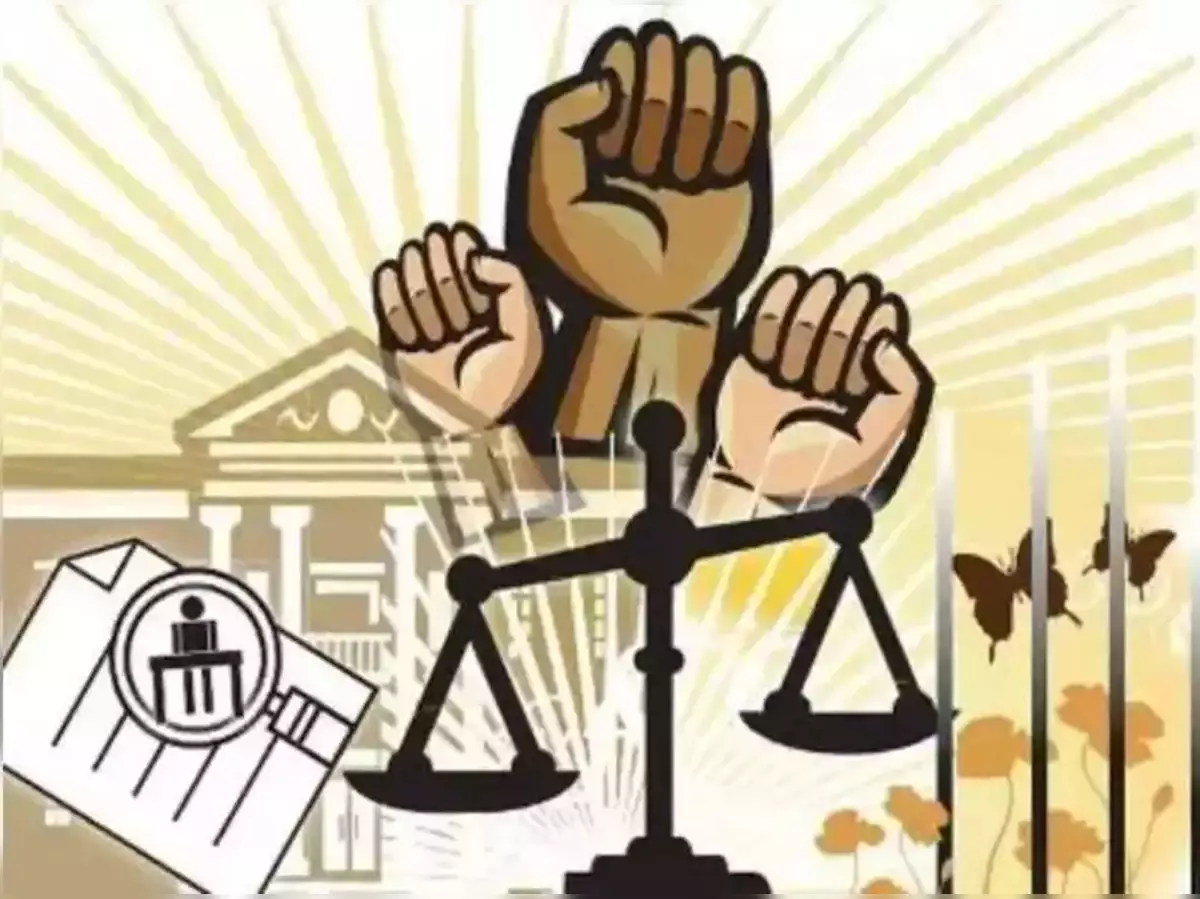Zafar Iqbal
Consumer rights refer to the rights consumers have when they purchase goods and services. These rights include the right to safety, the right to be informed, the right to choose, the right to be heard, the right to redress, and the right to consumer education.
Consumer protection is critical for a stable economy for several reasons. Firstly, it helps build trust between businesses and consumers, which is essential for the smooth functioning of the marketplace. When consumers feel protected and confident in their purchases, they are more likely to spend, which drives economic growth.
Secondly, consumer protection ensures fair competition among businesses. When consumers are protected from unfair or deceptive practices, businesses are encouraged to compete based on the quality and price of their products and services. This healthy competition fosters innovation and efficiency, benefitting the overall economy.
Furthermore, consumer protection helps maintain a balanced marketplace by preventing monopolies or the abuse of market power by larger companies. This regulation ensures that consumers have access to a variety of choices and prevents the exploitation of consumers by dominant market players.
Overall, consumer protection is critical for a stable economy as it promotes trust, transparency, and fairness in the marketplace, which in turn supports economic growth and stability.
Pl subscribe to the YouTube channel of republicpolicy.com
A recent survey conducted by Pulse Consultant has brought to light the escalating challenges faced by urban consumers in Pakistan. The survey indicated a 14 percent year-on-year increase in the struggles of urban consumers in meeting their household expenses during Jul-Aug, with a staggering 74 percent reporting inability to cover their expenses with their current incomes. Among the respondents, 60 percent expressed the need to cut expenses, directly impacting their grocery shopping, while 40 percent had to resort to borrowing for survival, and 10 percent had to take on additional part-time work to make ends meet.
These distressing trends can be attributed to the significant fiscal pressure imposed on the middle- and lower-income classes, primarily to comply with the stringent conditions of the IMF bailout programme. These conditions, which include reducing the fiscal deficit and increasing tax revenues, have led to increased taxes and reduced government spending, directly affecting the purchasing power of consumers. As the current fiscal situation persists and the conditions of the Extended Fund Facility (EFF) become more rigorous with each tranche, the plight of consumers is expected to exacerbate.
Furthermore, a report from the auditor general revealed that the finance ministry, entrusted with ensuring fiscal discipline, disbursed a staggering Rs240 million as honoraria among its officials in the fiscal year 2022-23. Shockingly, this disbursement was made without an approved policy from the cabinet and in violation of rules. Adding to the gravity of the situation, these funds were not included in the officials’ salaries to evade income tax, depriving the exchequer of much-needed revenue.
This revelation underscores the government’s indifference to the well-being of the people and the country at large. The diversion of substantial funds towards government officials, coupled with the evasion of taxes, reflects a blatant disregard for the broader ramifications of such actions.
The recent disclosures come in the wake of the prime minister’s directive for austerity measures across all government levels, a call disregarded by the finance ministry as it allocated increased pay and perks to government servants. This allocation, which was in stark contrast to the austerity measures, further burdened the salaried class with unprecedented taxes in the annual budget, leading to a widening gap between the government’s rhetoric and its actions.
The government’s response to this injustice is not just important, it’s crucial. It will serve as a litmus test of its commitment to addressing the fiscal crisis. Failure to address the misappropriation of significant funds would further expose the government’s lack of seriousness in handling the fiscal turmoil.
Amidst these revelations, the government must also confront the harsh reality faced by countless households struggling to meet their financial obligations. With Pakistan’s poverty rate on the rise since the onset of the Covid-19 pandemic and the added pressure from IMF’s stringent demands, the government must heed the insights from surveys such as Pulse Consultant’s, which, despite their relatively small sample sizes, offer valuable information that cannot be discounted.
It is disheartening to witness the government’s failure to rectify the prevailing challenges, especially with the IMF programme looming large. Immediate corrective action is imperative to avert the risk of losing direction before the arduous IMF programme runs its course.
















